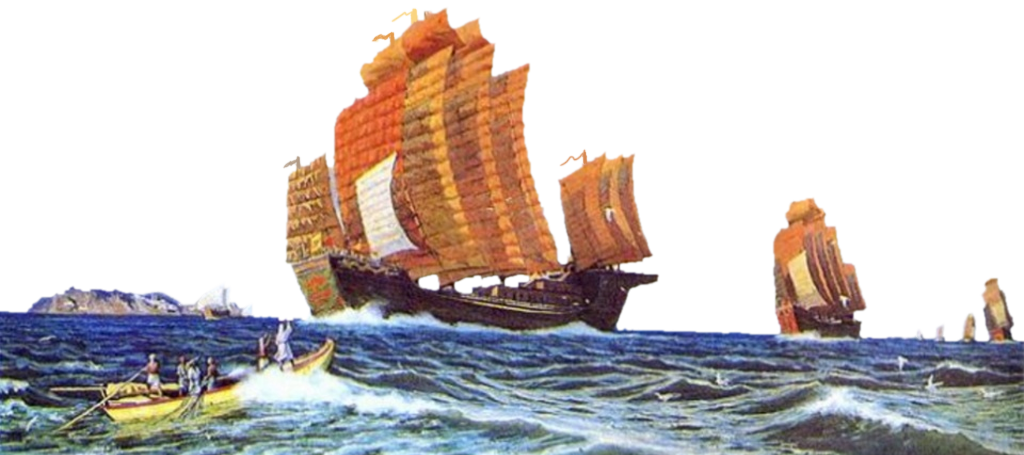Install Steam
login
|
language
简体中文 (Simplified Chinese)
繁體中文 (Traditional Chinese)
日本語 (Japanese)
한국어 (Korean)
ไทย (Thai)
Български (Bulgarian)
Čeština (Czech)
Dansk (Danish)
Deutsch (German)
Español - España (Spanish - Spain)
Español - Latinoamérica (Spanish - Latin America)
Ελληνικά (Greek)
Français (French)
Italiano (Italian)
Bahasa Indonesia (Indonesian)
Magyar (Hungarian)
Nederlands (Dutch)
Norsk (Norwegian)
Polski (Polish)
Português (Portuguese - Portugal)
Português - Brasil (Portuguese - Brazil)
Română (Romanian)
Русский (Russian)
Suomi (Finnish)
Svenska (Swedish)
Türkçe (Turkish)
Tiếng Việt (Vietnamese)
Українська (Ukrainian)
Report a translation problem

































I am resetting the dynamic place names of Chinese culture. And I have optimized many place names in other languages in the process, I found many errors in the original place names. But since I am not responsible for the English version of the fanwork mod now, I need to contact the person in charge of fanwork to install it into fanwork mod.
In different dynasties, the translation style of the same place name is different. The style of the Yuan Dynasty is the style of phonetic translation into Mongolian and then phonetic translation into Chinese. The Qing Dynasty basically uses the modern Chinese translation of place names directly, because in the end of the Qing Dynasty,The translation of foreign place names is almost the same as today. Some place names of the Ming Dynasty in Europe also adopted meaning translation or were directly named after the city’s emblem. For example, Paris is called Sanyuancheng (三鸢城), which means the city of three irises.
However, I am currently making a fantasy map of the Ming Dynasty's unification of the world. I will reset the existing place names so that it is not just a pronunciation translation of place names in other cultures, but a meaning translation, or make their pronunciation and The use of characters is more in line with the aesthetics of Chinese character users.
Yuan Dynasty, Ming Dynasty and Qing Dynasty called the same area differently, such as Beijing, Yuan Dynasty called it Dadu(Kahan Balig), Ming Dynasty and Qing Dynasty called it Shuntian